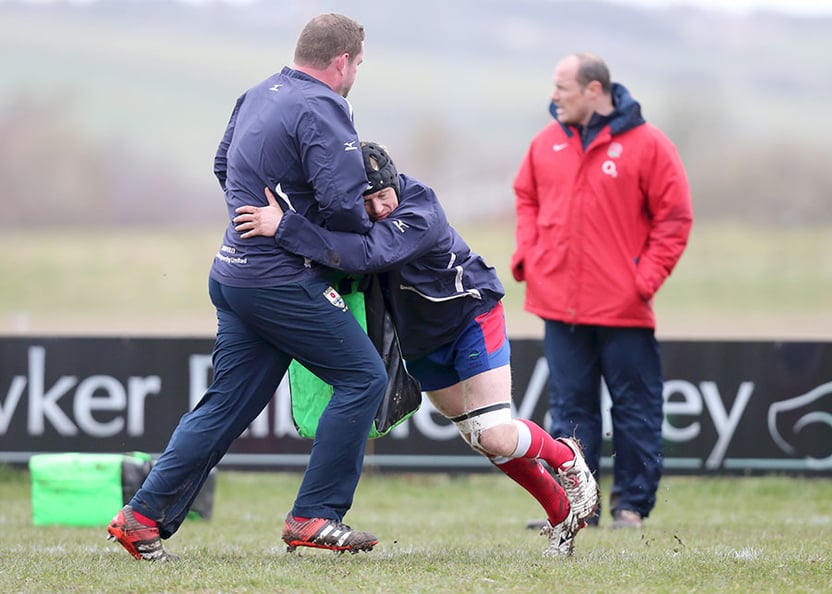How you deal with fixture congestion says a lot about your mindset as an athlete; is your chosen sport a pastime that can be given up to focus on other priorities? Or is it something that you want to succeed in at all costs? For most people the answer is somewhere in the middle. You want to put in 100% on the pitch but you’re not going to risk injury to do so.
In this article we are going to look at some simple techniques that you can utilise to get through two or even three games in a week, and come out the other side intact.
Tip 1. Prioritise sleep
There are so many benefits to sleep that this should not just be a tip for fixture congestion but a tip for life. Sleep is not only important as a recovery tool after a game, but is also a fantastic way to prepare for a game. A study in 2011 on college basketball players found that those who slept for longer than usual significantly improved their performance [1].
The study found that sleeping for 10 hours a night improved reaction time, accuracy, increased vigour, and lowered fatigue. The subjects also felt better physically and mentally. The importance of sleep has been recognised in professional sport, with many football teams such as Real Madrid and Barcelona funding expensive sleep centres and encouraging their players to nap during the middle of the day [2].
Now let’s be realistic, none of us are premiership footballers and we can’t just tell the boss we’re having a 2 hour kip after lunch. Nor is there enough time in the day to work, spend time with family and friends, cook, clean, unwind, and go to bed at 9pm. But increasing your sleep duration by 30-60 minutes could make a big difference.
The other benefit of sleeping more is the recovery from exercise, after you train your muscle fibres become damaged and need to be repaired. This happens by transporting protein to the damaged muscle fibres which are repaired and rebuilt to be stronger than before. This process is known as muscle protein synthesis, and it’s the reason why protein shakes are so popular in the bodybuilding community.
Muscle protein synthesis can occur at any time, but it occurs maximally while you sleep. Increasing your sleep will also increase testosterone and growth hormone production which also increase muscle protein synthesis. So to sum up: Sleep more to improve your performance, and to help you recover afterwards.
Tip 2. Train smart
If your two games are within a couple days of each other then it’s best to avoid training altogether. The additional exercise will provide no benefits and is more likely to fatigue your muscles. But if the games are three to four days apart then some low-intensity exercise could be beneficial. A short run, or some skills-based training can help to reduce post-game soreness.

You can also perform some accessory work while in the gym, exercises that minimally work the rear delts, or the lower back, or hamstrings could help you to avoid injury. This is not the time to try and break your deadlift record, nor is it a great time to destroy your arms just because you don’t think you’ll need them to win your next football match. Keep the weight low, reps within the range of 8-12, and use this as an opportunity to focus on some often neglected exercises.
Tip 3. Eat well
This week is not the time to start that brand new no-carb diet your friend lost half a stone on, technically there is never a good time to follow a crash diet – but that’s a subject for another article. The first thing you should concentrate on is increasing your protein. Studies have shown that athletes require twice as much protein as sedentary people to fuel and repair their muscles [3].
Keep carbohydrates high as well, as a general rule you should always consume a lot of carbs on the day you’re training (you can lower them on rest days – this is called carb cycling). Carbohydrates are your body’s preferred source of fuel and restricting them will impact on your performance.
Drinking a little more water than usual can also come in handy, particularly on game day. Staying hydrated when training can help you fight fatigue and cramps.
The bottom line
The main thing to keep in mind when fixtures begin to pile up is that you are doing something that you love. If you want to give your best performance then you have to prioritise your recovery. Treat your sport like a professional would and you’ll be surprised how much this will shine through in your games.

